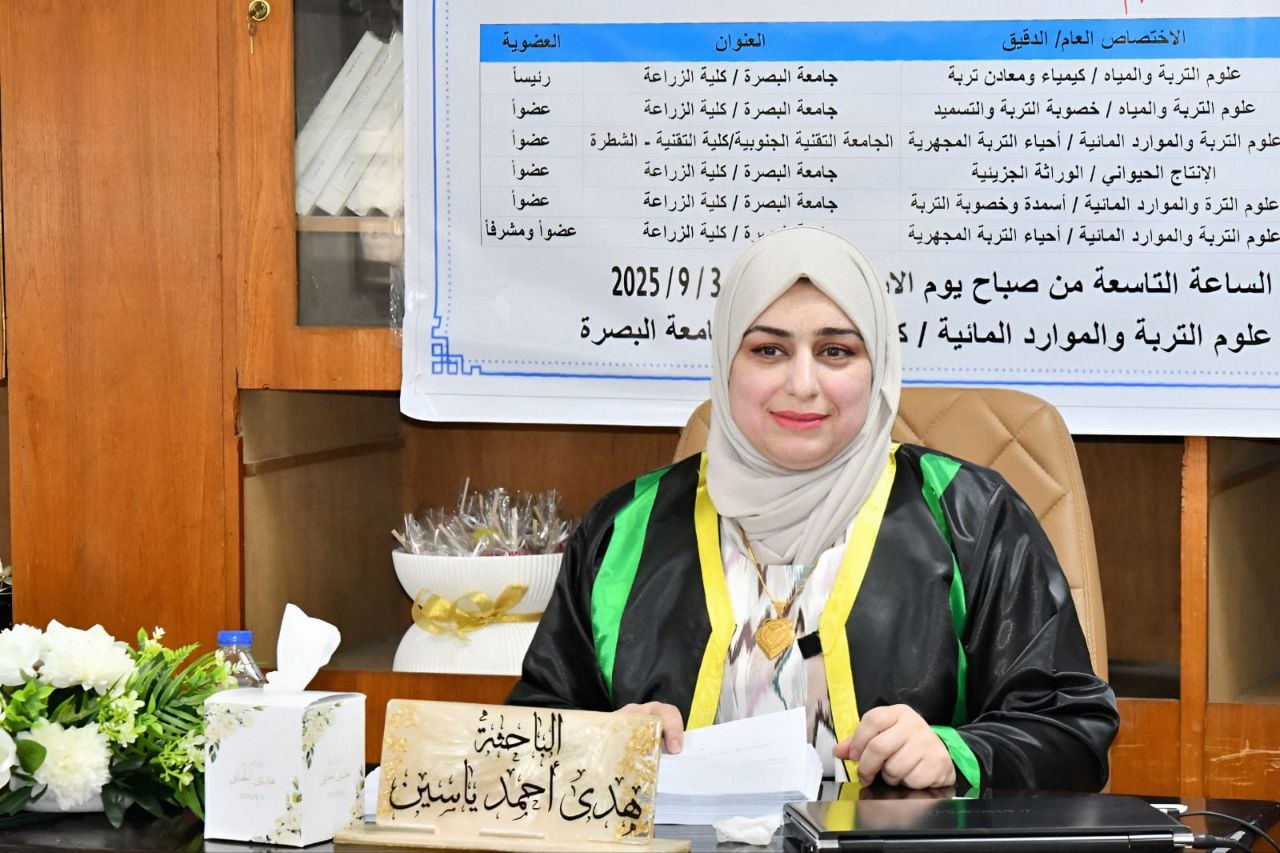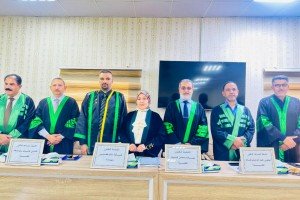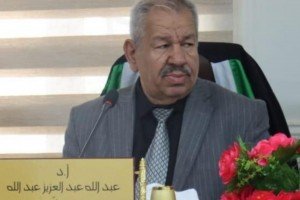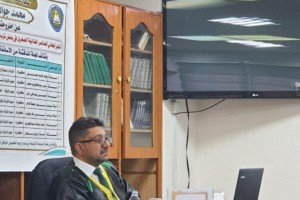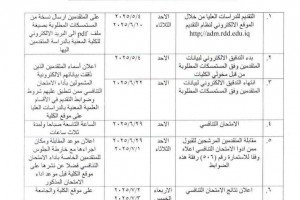
A doctoral thesis in the Department of Soil Sciences and Water Resources at the College of Agriculture at the University of Basra examined the bioremediation of some natural and genetically mutant bacterial species to remove some heavy metals polluting soil and their effect on barley growth.
The thesis, presented by researcher Huda Ahmed Yassin, aimed to study the ability of bacteria to bioremediate soils contaminated with lead and cadmium, and to improve their efficiency by inducing genetic mutations using physical methods used in modern scientific studies on the removal of heavy metals from contaminated soils.
The thesis included a series of bacterial incubation experiments, followed by a cultivation experiment in a wire mesh canopy, to study the effects of natural and genetically mutant bacterial species on soils contaminated with some heavy metals, such as lead and cadmium, on barley growth.
The study found the presence of bacteria used for bioremediation of soils contaminated with heavy metals using physical mutagenesis with ultraviolet light.
The study recommended the use of bioremediation techniques using natural and genetically mutated bacterial species, their mixture, and organic carriers such as molasses and peat moss, in soils contaminated with lead and cadmium. Molasses waste is used as an organic carrier that has the ability to keep bacteria alive for the longest possible period.
Department of Media and Government Communication / College of Agriculture
